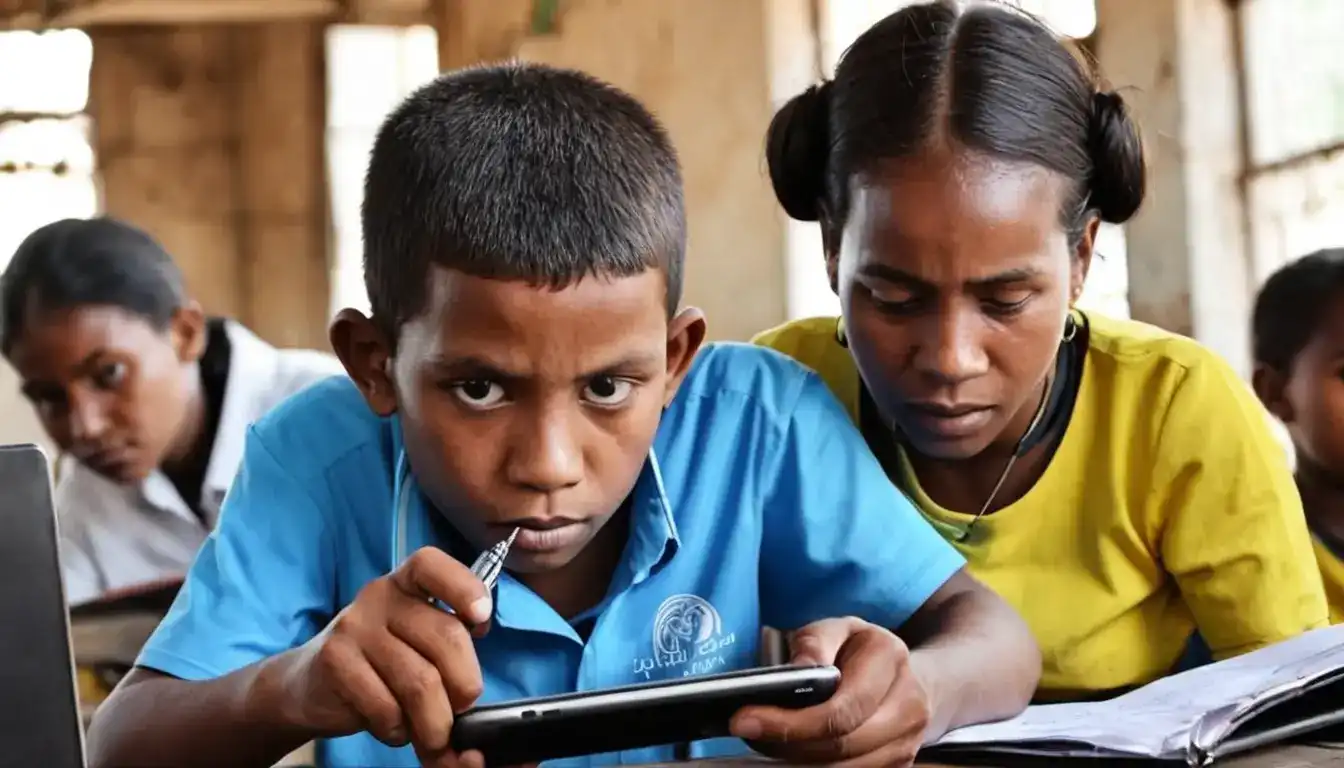Inside the Gen Z lifestyle movement
Emily Willis

Photo: Inside the Gen Z lifestyle movement
Inside the Gen Z Lifestyle Movement: Shaping Our World
Generation Z, often dubbed "digital natives," represents a powerful and rapidly growing demographic cohort, generally defined as individuals born between the mid-to-late 1990s and the early 2010s. This generation, having grown up with ubiquitous internet access, smartphones, and social media, is profoundly reshaping societal norms, economic landscapes, and cultural trends. From their unique approach to work and finance to their passionate advocacy for social justice and mental wellness, understanding the Gen Z lifestyle movement is crucial for anyone looking to navigate the contemporary world.
This article delves deep into the defining characteristics, values, and impacts of Gen Z, exploring how their collective behaviors are influencing everything from consumer habits to the future of the workplace.
Who is Gen Z? The Digital-First Generation
Gen Z is the first generation to have never known a world without the internet. This constant connectivity has fostered a "hypercognitive" generation adept at collecting and cross-referencing vast amounts of information, seamlessly integrating virtual and offline experiences. As of 2025, the eldest members of Gen Z are in their late twenties, making them a formidable force in the workforce, marketplace, and social movements. They are also the most racially and ethnically diverse generation in the United States, bringing a unique global perspective to their interactions and worldviews.
Their formative years were shaped by significant global events, including the 2008 financial crisis, mounting student loan debt, the COVID-19 pandemic, and heightened awareness of climate change and social inequalities. These experiences have instilled in them a blend of pragmatism, resilience, and a deep-seated desire for authenticity and purpose.
The Digital DNA: Life in the Online World
For Gen Z, digital platforms are not just tools; they are an intrinsic part of daily life and identity. They spend an average of nine hours of screen time per day, with YouTube, TikTok, Instagram, and Snapchat being their most frequented platforms. This constant online presence influences nearly every aspect of their lives, from communication to content consumption and even self-expression.
- Content Creation and Curation: Gen Z are not just consumers; they are prolific creators. They are accustomed to curating their personal brand online, using platforms to express creativity, share stories, and build communities. This has led to a discerning eye for content, valuing authenticity and relatability over polished, traditional marketing.
- Social Media as a Search Engine: Unlike previous generations who might turn to traditional search engines, many Gen Zers use social media platforms like TikTok and Instagram for product discovery, news, and information. This highlights their preference for visual, engaging, and peer-driven content.
- The "Dopamine Diet" and Digital Well-being: Despite their digital immersion, some Gen Zers are actively seeking a more balanced relationship with technology. Trends like the "dopamine diet" and a revival of "dumb phones" among some young adults reflect a desire to reclaim cognitive focus and manage smartphone addiction, indicating a growing awareness of the potential negative effects of excessive screen time.
Values That Drive Them: Authenticity, Inclusivity, and Purpose
At the core of the Gen Z lifestyle movement are strong values that dictate their choices, from personal interactions to consumer behavior and political engagement.
Authenticity and Transparency
Gen Z places a high premium on authenticity and transparency. They are adept at detecting insincerity and are drawn to brands, individuals, and institutions that are genuine, transparent, and willing to engage in honest conversations. This extends to their expectations from political leaders and public figures, demanding openness and accountability.
Diversity, Equity, and Inclusion (DEI)
As the most diverse generation, Gen Z doesn't just tolerate diversity; they expect it. DEI is crucial for them, and they link it with workplace initiatives, emphasizing representation across various dimensions including mental health, language diversity, and disability. Brands that embrace inclusivity and showcase real people from different backgrounds are more likely to resonate with this generation. For example, Fenty Beauty has set a new industry standard by offering a wide range of foundation shades, catering to all skin tones and reflecting Gen Z's demand for representation.
Social and Environmental Responsibility
Gen Z is profoundly concerned about global issues, particularly climate change and social justice. They view their purchasing power as a form of activism, with 55% believing their choices can help change the world. This means they actively seek out and support brands that demonstrate a genuine commitment to social and environmental causes, even willing to pay a premium for sustainable products. Patagonia, for instance, has successfully connected with Gen Z through its unwavering commitment to environmental activism and ethical production.
Mental Wellness and Open Dialogue
Gen Z is significantly more open about mental health issues than previous generations, actively working to destigmatize discussions around anxiety, depression, and other conditions. Nearly two-thirds (65%) of Gen Zers reported experiencing at least one mental health problem in the past two years, with 42% battling depression and feelings of hopelessness. Despite these challenges, over half (54%) report having mostly good mental health days, a 21% increase since 2022, largely attributed to seeking therapy and engaging in self-help practices. They expect brands and employers to acknowledge and support mental well-being, leading to a surge in demand for wellness-focused products and services.
Economic Realities and Financial Savvy
Growing up in the shadow of economic instability, Gen Z exhibits a pragmatic approach to finance and work.
The Gig Economy and Side Hustles
Gen Z is embracing the gig economy with remarkable dedication. A 2023 Deloitte report indicated that 46% of Gen Z workers in the U.S. participate in the gig economy, compared to 37% of Millennials. This is driven by a desire for flexibility, independence, and the ability to explore multiple income streams. While the gig economy offers autonomy, it also shifts the burden of benefits and long-term security onto the individual, prompting Gen Z to become more financially disciplined.
Saving and Investing Early
Despite facing economic uncertainties and student loan debt, Gen Z is surprisingly financially savvy. They are more concerned about financial security than Millennials and are more likely to start saving for retirement early. A Bank of America survey showed that one in five Gen Zers between 18 and 24 are already contributing to a 401(k). They leverage digital tools and apps for budgeting, saving, and investing, showing a proactive approach to their financial futures.
Reinventing Work: Beyond the Traditional 9-to-5
Gen Z is redefining workplace expectations, prioritizing work-life balance, purpose-driven roles, and flexible environments.
- Work-Life Balance and Flexibility: The "anti-work" ethos, popularized by terms like "quiet quitting" and "lazy girl job," reflects Gen Z's strong preference for work-life balance over traditional hustle culture. They favor adaptable working models like remote and hybrid work, with 75% preferring such arrangements.
- Purpose-Driven Careers: Gen Z seeks roles that align with their values and offer a sense of purpose, wanting their work to contribute to meaningful change and positive societal impact. They are willing to switch jobs for better technology and a company culture that reflects their values, including diversity, inclusivity, and environmental responsibility.
- Continuous Learning and Development: This generation values continuous learning and gravitates towards organizations that invest in their professional growth through training and mentorship programs. They are less focused on traditional four-year degrees, recognizing alternative, more affordable, and career-connected education pathways.
Consumer Power: Conscious Consumption and Brand Loyalty
Gen Z's values significantly influence their consumer behavior, making them a unique and influential demographic for brands.
- Value-Driven Spending: Gen Z prioritizes spending on brands that align with their ethical, social, and environmental beliefs. A report by First Insight reveals that 62% of Gen Z prefers to buy from sustainable brands, and 73% are willing to pay more for sustainable products. This has fueled the growth of the global sustainability market.
- Secondhand and Anti-Consumerism: Gen Z is driving the growth of the secondhand market, with 80% having purchased pre-owned items. This reflects their preference for sustainability and a rejection of fast fashion, opting for quality over quantity and embracing minimalist tendencies.
- Personalization and Experience: Having grown up with algorithms that tailor content to their preferences, Gen Z expects highly personalized shopping experiences. They also value experiential purchases, preferring destinations with unique cultural activities and photo opportunities.
- Omnichannel Shopping: Gen Z expects a seamless integration between online and offline shopping experiences, often researching products online
Latest ✨
View AllLuxury vacations offer opulence and luxury, with stunning resorts and destinations catering to travelers seeking an unparalleled getaway. The Maldives offers overwater bungalows and turquoise lagoons, the French Riviera exudes luxury and elegance, Dubai epitomizes luxury in a desert oasis, Tuscany exudes Renaissance splendor, and Bora Bora dazzles with Polynesian paradise.
Emily Willis
Discover EVO Cary: Your ultimate entertainment hub in NC! Enjoy luxury movies, bowling, arcade games & more for unforgettable fun.
Emily Willis
Oculus Quest 2 vs HTC Vive Pro – which VR headset reigns supreme? Dive into this ultimate showdown to discover the strengths and weaknesses of each, and decide which one is worth your investment. From specs and comfort to content and price, we'll help you make an informed choice.
Emily Willis
Safeguard students' digital future! Cybersecurity education is vital to equip them against online threats like phishing, malware, & identity theft.
Emily Willis
Business
View All
June 8, 2025
Streamline Business OperationsRevolutionize your business! Streamline operations for peak efficiency, lower costs, higher productivity, and sustainable growth. Your blueprint for success.
Emily Willis

August 5, 2024
Tips to Improve Your Work Productivityproductivity in the workplace and provides a comprehensive guide to enhancing productivity. It covers topics such as understanding productivity styles, creating a productive workspace, time management, overcoming distractions, enhancing motivation and energy levels, effective task management, collaborating and delegating tasks, utilizing technology for productivity, and maintaining work-life balance.
Emily Willis
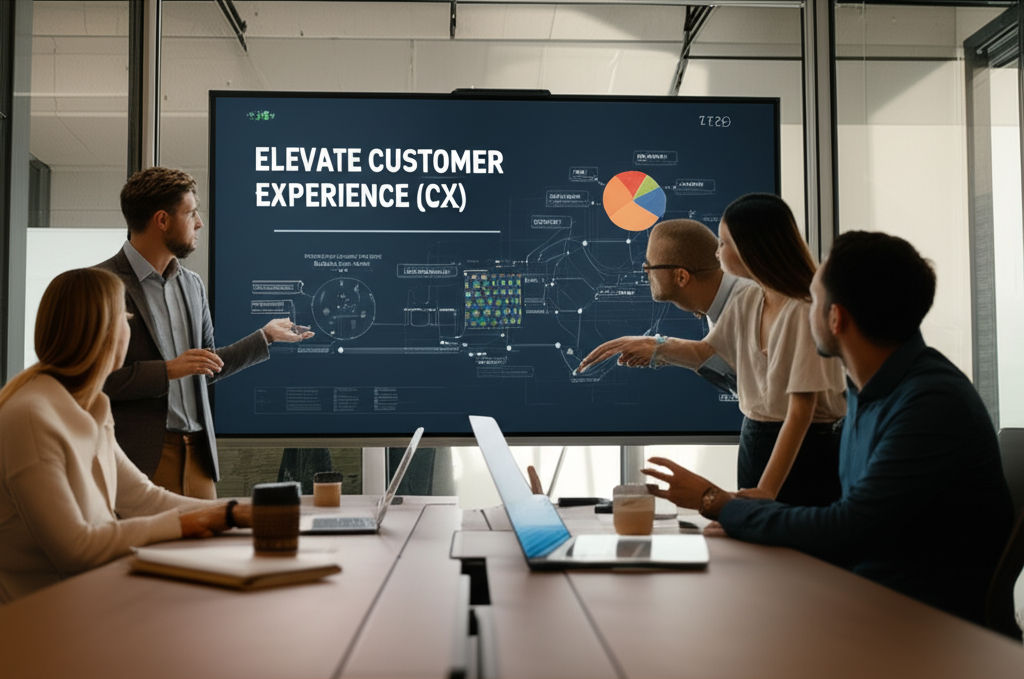
June 9, 2025
Elevate Customer Experience (CX)Unlock lasting success by elevating your Customer Experience. Discover the blueprint for loyalty, revenue, and an unshakeable brand reputation.
Emily Willis
Economy
View Allsustainable economic development for developing nations and explores various strategies that can be adopted to achieve this goal. These strategies include investment in renewable energy, promotion of sustainable agriculture, infrastructure development, education and skills development, promotion of green technologies and innovation, enhancing access to healthcare and social services, and policy and governance reform.
Read MoreParking is more than convenience. It's an economic powerhouse driving urban development, creating jobs, and integrating smart tech into cities.
Read MoreThe digital economy has the potential to bring economic growth and innovation to developing countries, but there are several challenges that need to be addressed. These challenges include inadequate digital infrastructure, a digital divide that exacerbates inequalities, complex and outdated regulatory frameworks, cybersecurity risks, and limited access to financial services. However, there are opportunities for enhancing financial inclusion and economic growth. These opportunities include mobile and digital payments, implementing digital identification systems, e-commerce and market access, digital skills development, and public-private partnerships. By addressing these challenges and embracing the digital revolution, developing countries can unlock new opportunities for economic empowerment and inclusive growth.
Read MoreEntertainment
View All
August 4, 2024
Exploring Virtual Reality (VR) in Entertainment: Future Applications and DevelopmentsVirtual Reality (VR) technology is revolutionizing the entertainment industry by providing immersive and interactive experiences that transform audience interaction with content. VR creates simulated environments that allow users to engage with virtual worlds, characters, and narratives in ways that traditional media cannot.
Emily Willis

August 5, 2024
Arts Education's Importance: Nurturing Creativity and Fostering ExpressionArts education is often overlooked in a world focused on standardized tests and STEM subjects, but it plays a vital role in nurturing creativity, self-expression, and essential skills in students. Arts education allows students to unleash creativity, build confidence, improve communication and collaboration skills, develop critical thinking and problem-solving abilities, increase cultural awareness and appreciation, and enhance emotional intelligence.
Emily Willis
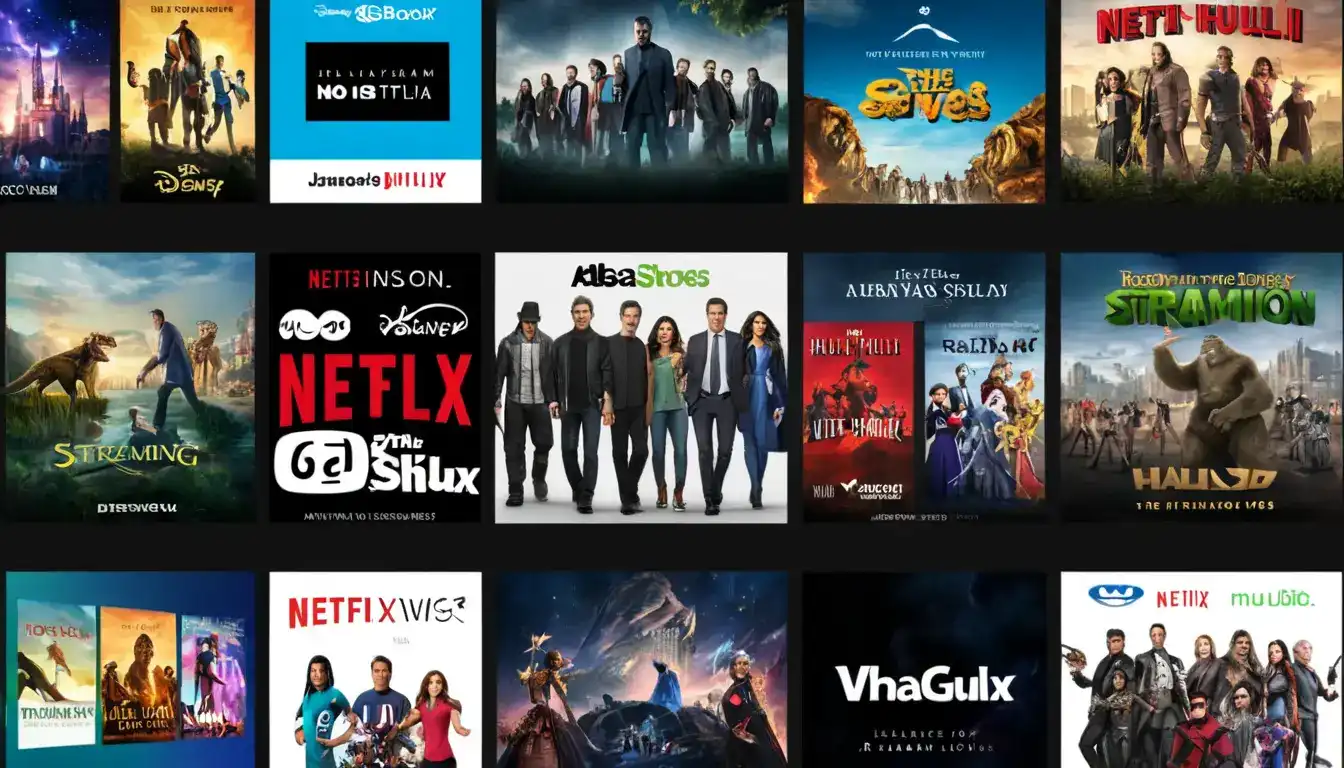
August 4, 2024
The Evolution of Streaming Services Such as Netflix, Disney+, Hulu, and the Implications for the Traditional Entertainment IndustryThe rise of streaming services has revolutionized the entertainment industry, offering on-demand access to a vast library of content through internet-connected devices. Platforms like Netflix, Disney+, and Hulu have diversified their content libraries, reshaped consumer behavior, and challenged traditional distribution models. Technological advancements have enhanced streaming experiences, while economic and cultural implications have led to global market expansion and increased investment in original content production. The future of the streaming industry will be shaped by competition, convergence of media and technology, and the need for adaptation to changing consumer preferences. Embracing digital transformation and strategic partnerships will be crucial for stakeholders in navigating the evolving landscape of modern entertainment.
Emily Willis
Health
View AllThe focus of nutrition advice is shifting towards personalized nutrition, taking into account individual genetic makeup, lifestyle, and health goals to create a customized eating plan. This approach can lead to improved health outcomes, enhanced nutrient absorption, increased motivation, and targeted support for specific health concerns.
Emily Willis
Maintaining good health involves a balanced diet that provides essential nutrients for the body. A balanced diet includes carbohydrates, proteins, fats, vitamins, minerals, fiber, and water. Benefits of a balanced diet include enhanced energy levels, improved mental health, a stronger immune system, better weight management, reduced risk of chronic diseases, and enhanced digestion. Components of a balanced diet include fruits and vegetables, whole grains, protein sources, dairy or dairy alternatives, and healthy fats. Tips for maintaining a balanced diet include planning meals, portion control, staying hydrated, limiting processed foods, eating mindfully, and including physical activity.
Emily Willis
sleep for physical and mental well-being, discussing the benefits of sleep such as physical restoration, brain function, emotional regulation, concentration, and reduced risk of chronic diseases. It explains the different stages of the sleep cycle and provides guidelines for how much sleep individuals of different ages need.
Emily Willis
Trending 🔥
View All
2
3
4
5
6
7
8
9
10
Lifestyle




Technology
View All
August 5, 2024
Tips for Keeping Your Personal Data Safe on the Internet
The digital age has made personal data more vulnerable to threats such as phishing, hacking, identity theft, and data breaches. To protect yourself, it is important to create strong passwords, be cautious of phishing attacks, secure your devices, safeguard your personal information online, practice safe online shopping and banking, protect your social media accounts, and stay informed about cybersecurity threats.
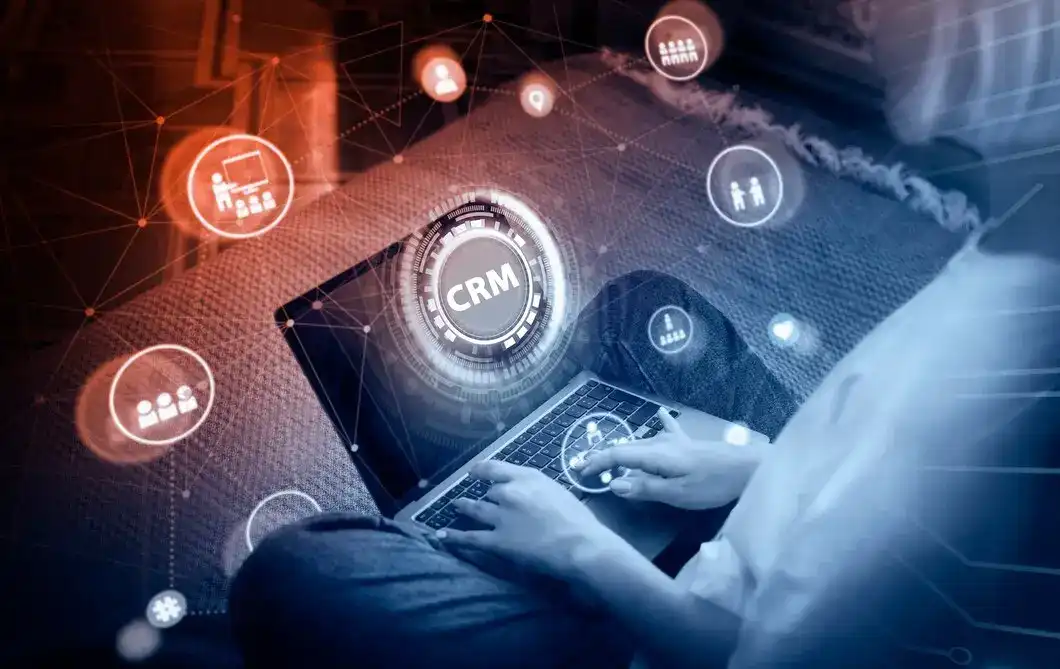
August 5, 2024
Application of IoT in Various Industries
The Internet of Things (IoT) has revolutionized various industries by enabling real-time data collection, analysis, and automation. In manufacturing, IoT has led to smart factories, predictive maintenance, and supply chain optimization. In healthcare, IoT has facilitated remote patient monitoring, smart hospitals, and enhanced patient care.
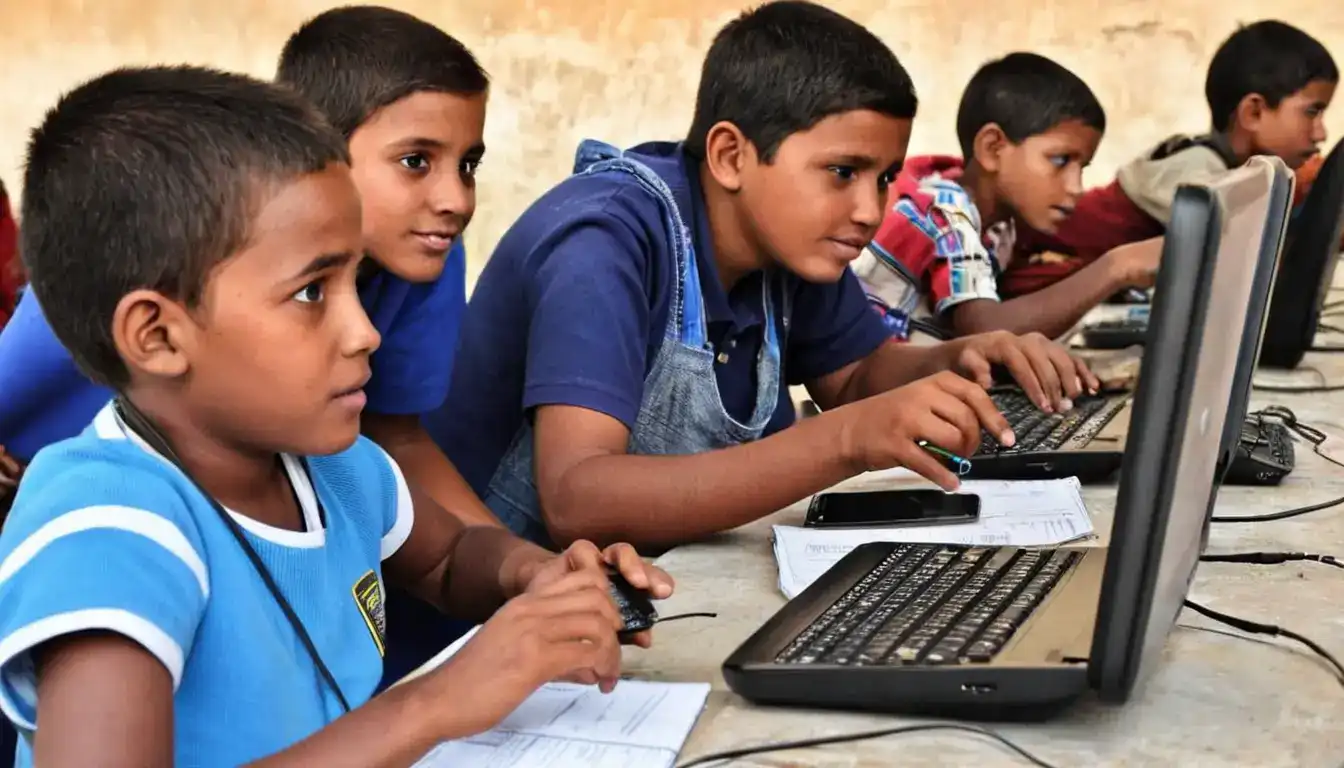
August 4, 2024
Bridging the Digital Divide: Ensuring Everyone Has Access to Technology
we can bridge this gap and create a more inclusive digital landscape.
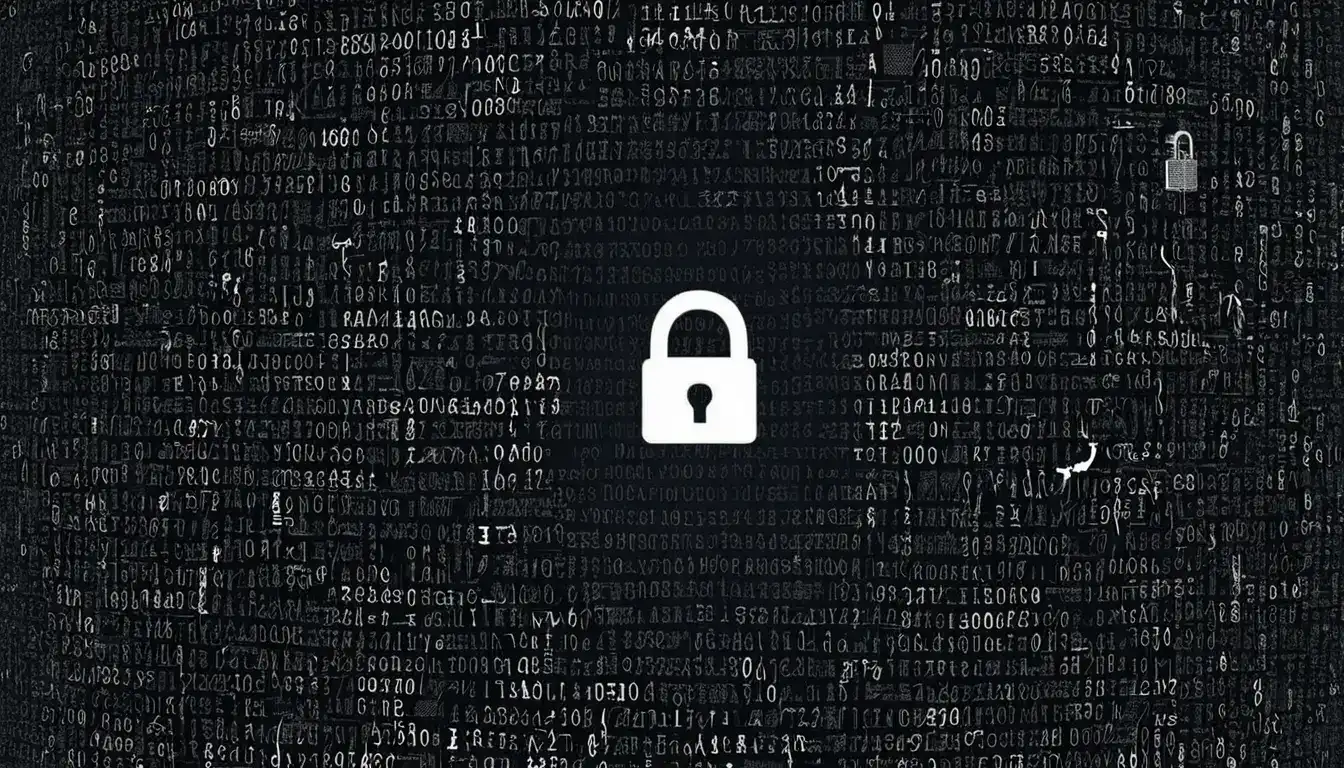
August 4, 2024
Data Security in the Digital Era: Challenges and Solutions
importance of data security in the digital age, highlighting challenges such as cyberattacks, human error, weak passwords, and outdated systems. It also provides solutions to enhance data security, including encryption, strong password policies, multi-factor authentication, regular software updates, employee training, access controls, data backup, incident response plans, security audits, and advanced security technologies. These measures are essential for protecting sensitive information and preventing unauthorized access and breaches.






